The time has come. You finally took the decision to pack everything you own in two bags and buy a one-way ticket to Bali. Congrats! This is a very brave step into your digital nomad adventure, but I know it can also feel a bit overwhelming. You got the motivation, but what else do you need? A visa? Travel insurance? A network? A place to call home for a couple of months? In this article, I’ll share with you the most valuable tips for starting your digital nomad journey.
Why trust me? I was a digital nomad in Bali for 5 months and had to go through everything you might think of, from border runs, to finding suitable accomodation and more.
(this article was written by guest writer – Eduard)

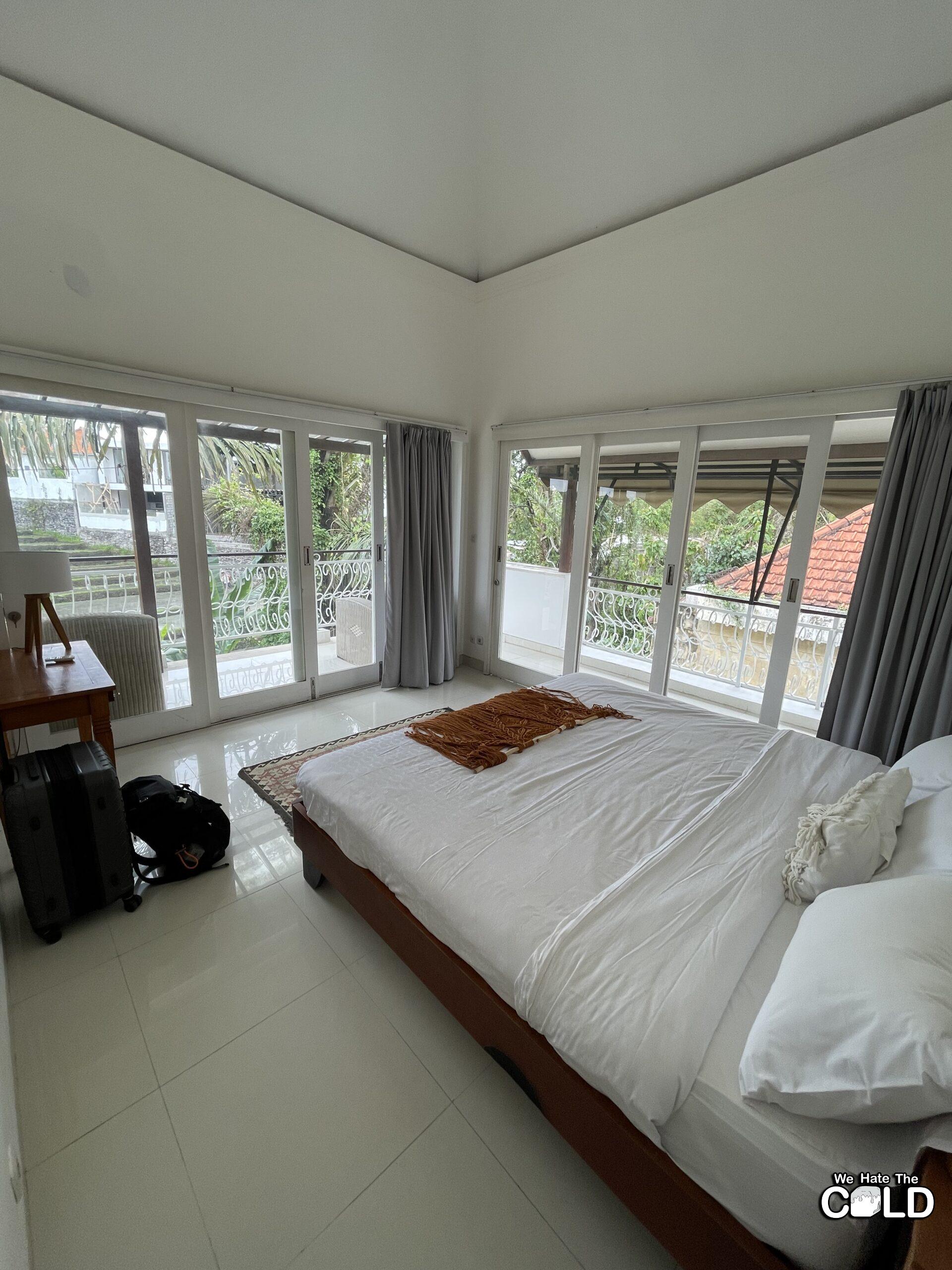
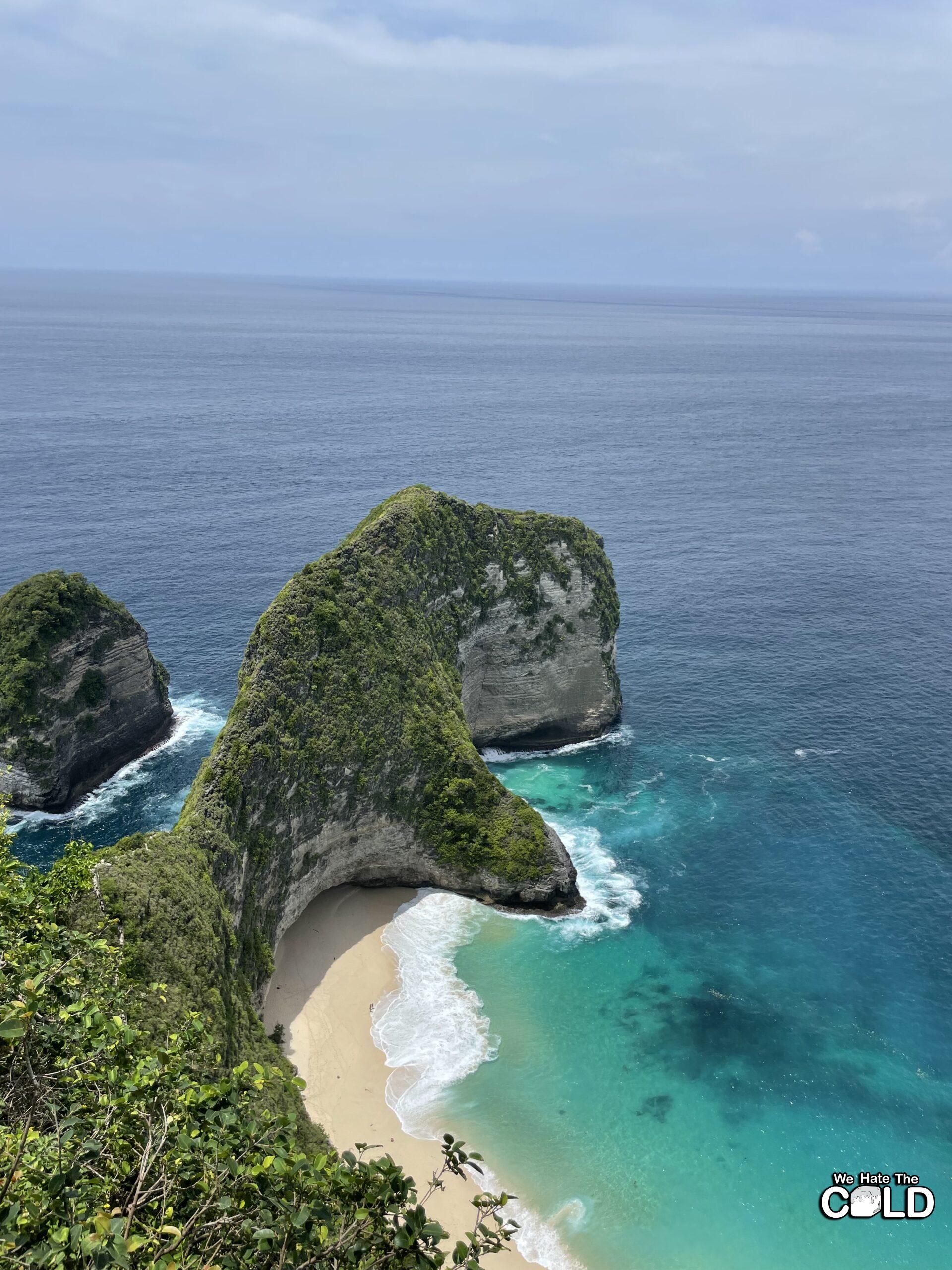
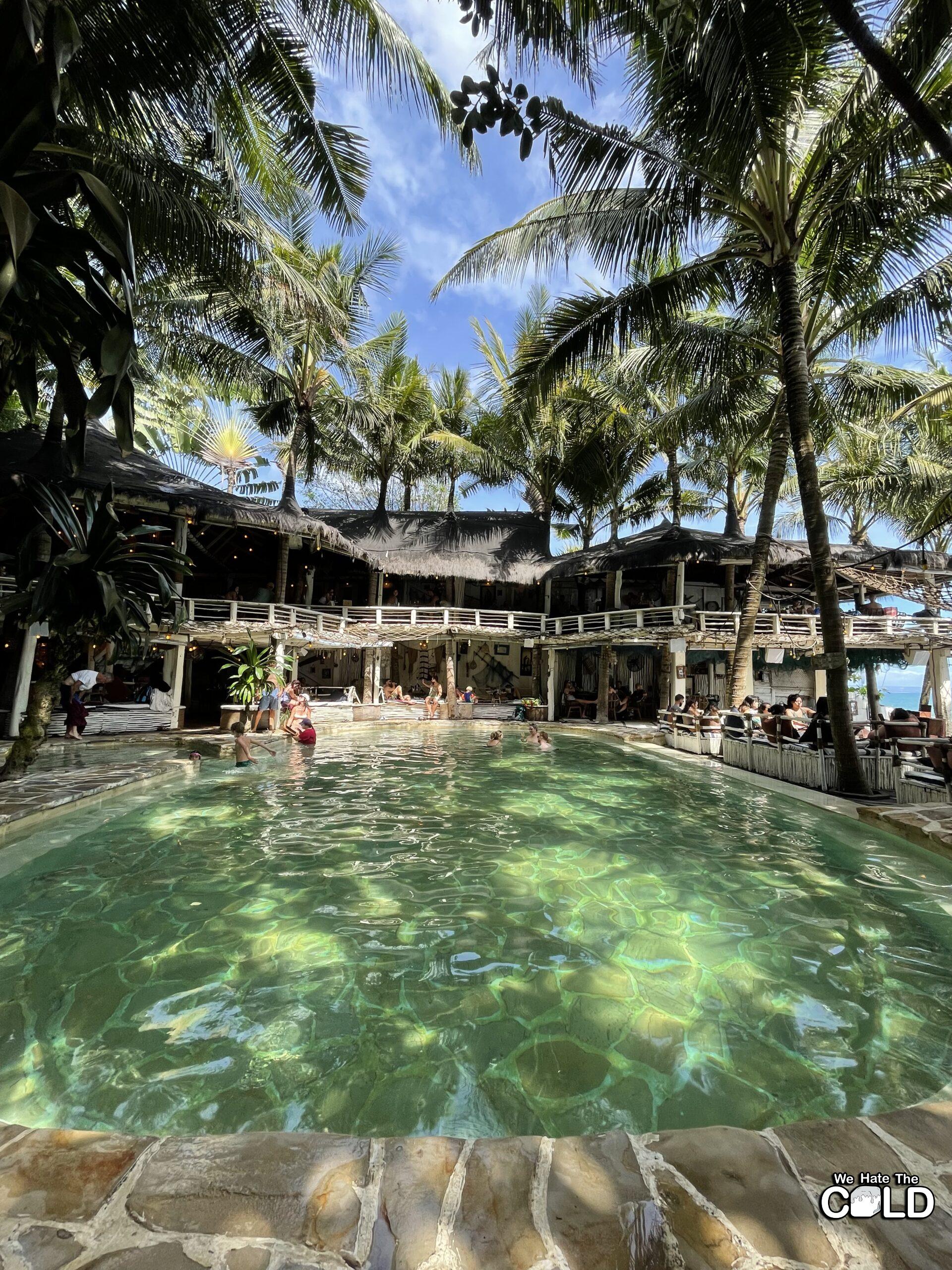
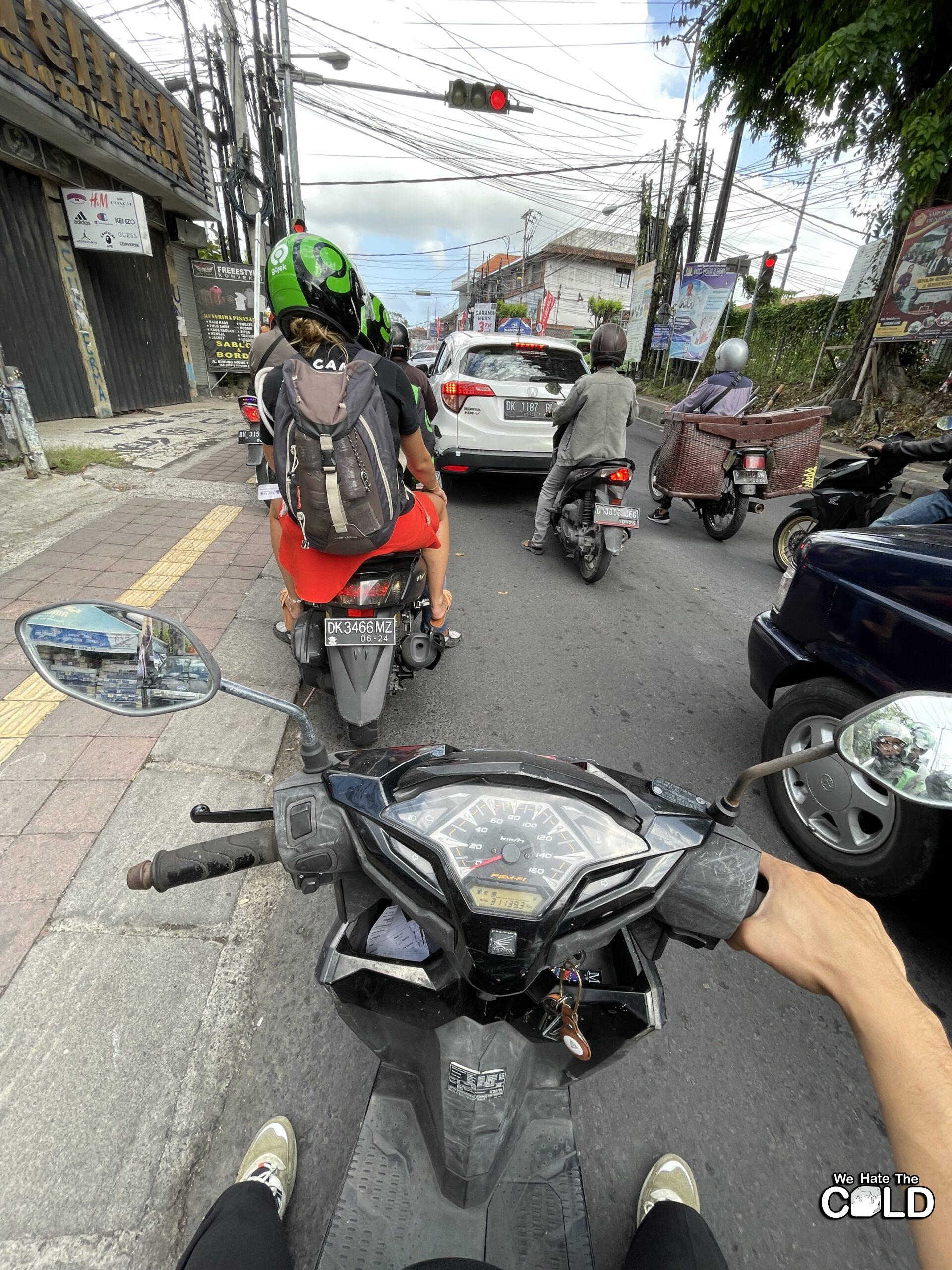
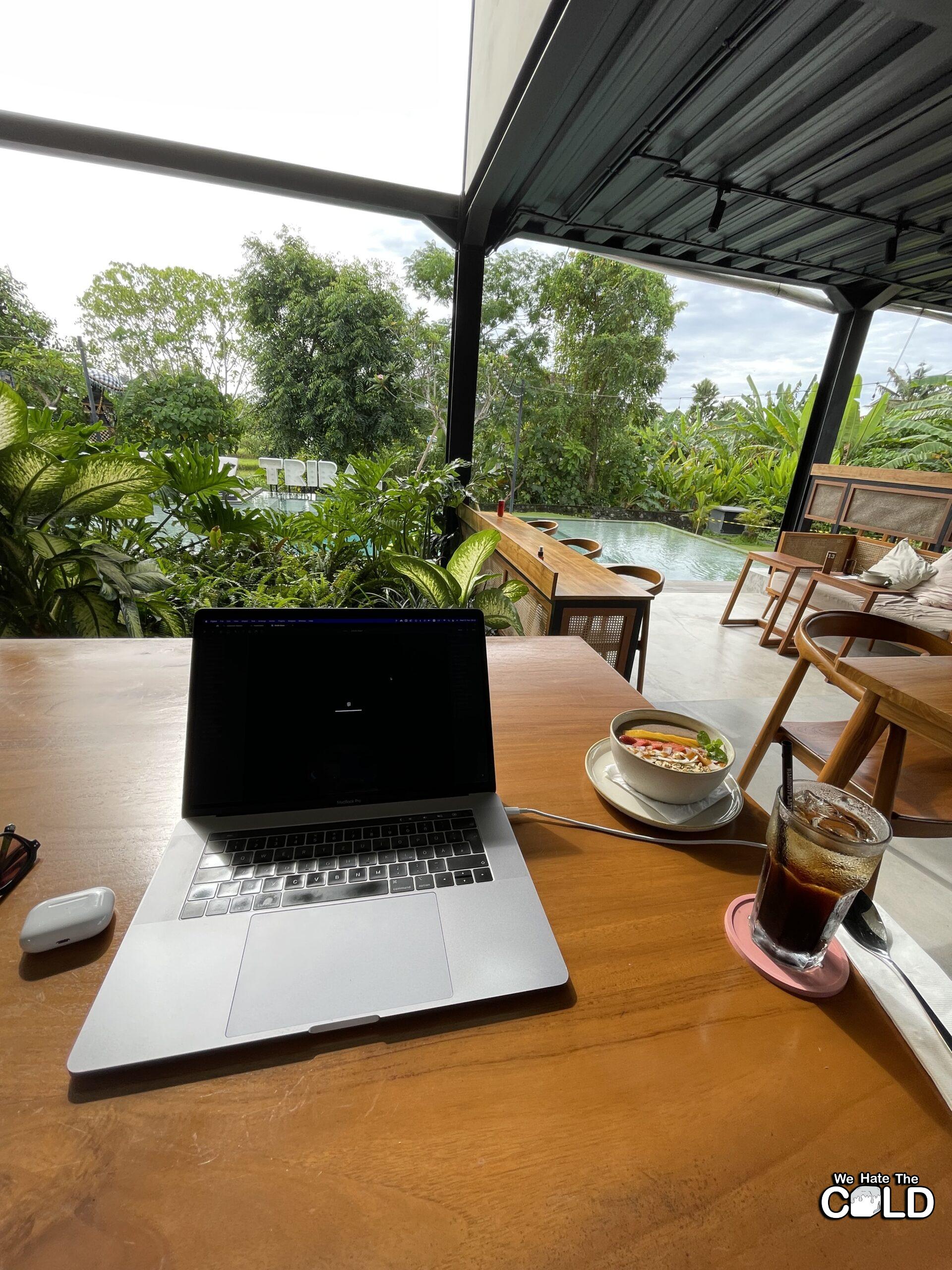

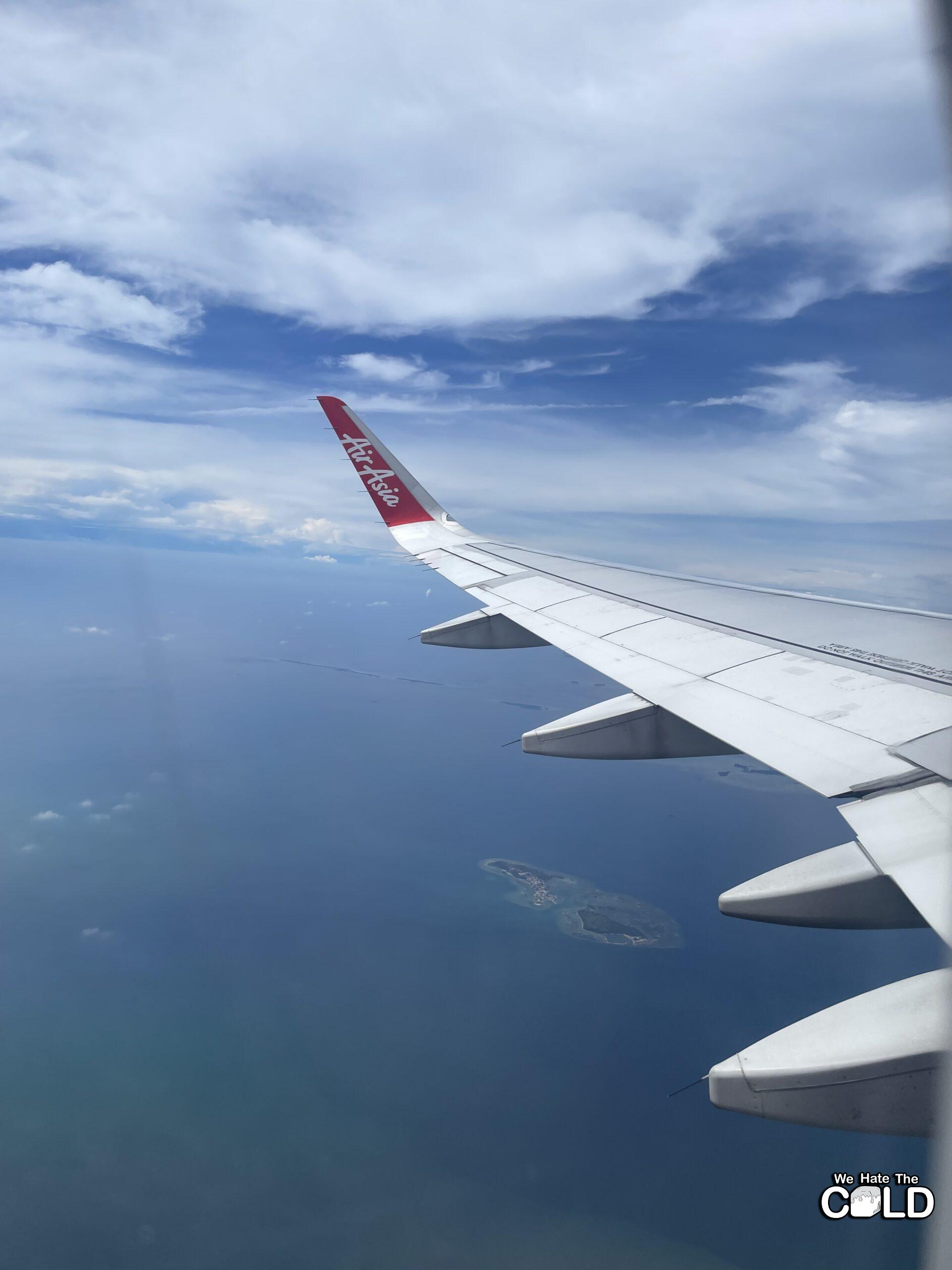
The Visa Process Top to Bottom – How Do You Get A Visa?
Here’s a quick overview of the digital nomad visa for Bali:
- Visa Type: B211A Visa
- Price: $131 – $300 USD
- Validity: 60 & 180 days
- Possibility of extension: yes, up to 60 days more, twice
- Extension price: between 50 USD to 70 USD, depending on the agency
- All digital nomad visas for Aisa
Getting The Visa is Easier Than Ever
There is now an official Digital Nomad Visa for Indonesia. It’s called the Second Home Visa and requires proof of $130k USD+ and a max stay of 10 years. The best way remote workers can stay in Bali is use the B112A Visa to visit and work in Bali for up to 6 months, as confirmed by the Indonesian Prime Minister.
The B211A visa allows you to stay in the country for 30 days and it costs around 35 USD. With this type of visa, you also have the possibility to extend it for an extra 30 days, which means your stay in Bali with this type of visa can be around two months.
I personally just used the eVoA and was fine using this, but to keep everything legal I recommend the B211A Visa. There are cases where people have been deported for any activity that earns money on a tourist visa (even including renting out a spare room).
After that, you can’t extend your visa again, so you’ll have to do the good old Visa Run (or Border Run). More about that below.
You can either extend your visa by yourself at the immigration office in Denpasar, or you can pay a visa agency to do all the paperwork for you. Trust me, the second option is worth the money and it saves you a lot of time. The prices can vary depending on the agency, but the agency fee should be around 50 USD to 70 USD.
You will still have to pay a short visit to the immigration office in Denpasar where you’ll have a very quick interview. This is just a formality where the officials want to hear from you that you are there for vacation purposes and you don’t have any shady business.
Don’t worry, this is a very common practice in Bali and the visa agency will brief you about all the steps you need to take.
When I first moved to Bali in September 2022, the visa process was not yet digitalized and I had to wait in line a generous amount of time until I could get a stamp from the passport control. Luckily, shortly after that, the Indonesian government introduced an online platform where you can apply for a B211A visa before your arrival.
I highly suggest you use that instead.
Documents needed for your online visa application:
- Valid Passport
- A valid address (you can use the one from your Airbnb)
- A ticket or reservation for a departure flight (see tips below)
- A selfie to confirm your passport photo
How To Present A Legit Departure Ticket Without Spending a Lot of Money.
This is the best trick I learned when traveling in Asia, which saved me a lot of money and energy.
In short, you need to show a departure ticket when you arrive in a country using a B211A or Tourist visa. But sometimes, you don’t want to spend a lot of money on flights or you simply don’t have the time to research which would be the most convenient option to exit the country in time. In this case, you can use services like Onward Ticket where you can reserve a flight for visa purposes for a fraction of the price.
The way it works is that the platform will basically book a flight ticket in your name and then cancel it after 24 or 48 hours. This way, you can receive a legitimate document with real flight details and your name on it. I did it many times (sometimes even five minutes before entering the country). The process is super simple and it takes one minute to fill in your name, and the date of your departure to process the payment.
This kind of reservation costs around $12 USD to $18 USD, depending on the platform and if you need it to stay valid for a longer time (the longest is 48 hours). You can use the same trick when you apply for a visa extension too.
How Legal is it To Conduct Work in Bali?
This part is a bit tricky.
Simply put, if you have a tourist visa (VOA or eVOA) you are not allowed to have any business activity, which includes working remotely for a company outside Indonesia. You can work on a B211A visa remotely, and legally for up to 6 months.
What is considered work or business can be quite abstract sometimes.
For example: I know there were cases where people were deported because they were posting on Facebook groups when they were looking for a housemate. Even if there was no profit involved, the Balinese authorities categorized the post as a marketing service and labeled it as a business activity.
Despite all of this, many people are still living their digital nomad dream unbothered in Bali. I personally worked for most of the time while there, either from home or from cafes. As long as you stay humble and respectful towards the local authorities, everything should be fine.
However, this is not professional advice and I don’t encourage you to work from Bali if you don’t have the right visa for it. Complying with the law is your own responsibility and I would recommend you do your own research to learn what you are allowed to do while in Indonesia and get in touch with a visa agency.
Visa Runs, How To Do Them, and The Best Routes To Follow
Let’s say you made it to Bali, got your passport stamped, found the accommodation of your dreams, and lived there happily for a month. Now it’s time to either extend your VoA or to perform a sketchy (but legal) move called The Visa Run. Think of it as a forced city break that you have to take every 30 or 60 days. When doing a visa run you are basically exiting the country because your visa is expiring, and returning after a couple of days to get a fresh new stamp on your passport that will allow you to stay there 30 more days (or 60 if you extend it once).
There are three very popular destinations for visa runs that won’t cost you a fortune: Bangkok, Singapore, and Kuala Lumpur. Singapore will keep you entertained for 2 or 3 days, while Bangkok and KL have a bit more to offer. Some people also go to Chiang Mai, a small city in Northern Thailand with a chill vibe and a nice community of digital nomads. Beware though, if you choose to go to Thailand make sure you don’t need to apply for a visa beforehand. Most people don’t need it, but better check twice.
After your forced vacation outside Indonesia is over, you have to return to Bali where all your friends are waiting for you (hopefully). Remember, as long as you are getting the Visa on Arrival (VoA) you still need to prove that you are exiting the country again after 30 days. So, before you fly in, make sure to book yourself a flight reservation on Onward Ticket in case the border control will ask for one. That’s it. Congrats, you did your first visa run!


Finding Suitable Work in Bali as a Digital Nomad
Most of the digital nomads I met in Bali were either working for a Western company or freelancing. Some also came to the island hoping to find new business opportunities there and I’d say that’s a fair option as well. There are plenty of entrepreneurs and solopreneurs looking to collaborate with like-minded people, and you can meet them in the most random places.
I personally run a Graphic Design company online and sell packages for Photoshop as well as take on commissions. The owner of this website ran a site about music production before starting this up.
If networking is not your thing and you prefer a more “traditional” way of finding a job, don’t worry, I got your back. There are many platforms like RemoteOK and Toptal, where you can find plenty of listings for remote jobs.
Jobs Digital Nomads Can Do In Bali
Here’s a short list of the jobs digital nomads do in Bali:
- Graphic Designer
- Video Editor
- Content Editor
- Content Creator
- Developer
- Software Engineer
- Copywriter
- Journalist
- Editor
- Business Coach
- UI/UX Designer


Choosing Where To Stay
One thing that I really love about Bali is that it has a place for everybody. From places with a more spiritual vibe, focused on wellbeing and a balanced lifestyle to surf villages and noisy streets with active nightlife. In this guide, I will briefly introduce you to the top 3 most popular locations in Bali: Canggu, Ubud and Uluwatu.
Canggu – The Melting Pot of Young and Active Nomads
Pro tip: I recommend checking out the Perenenan area, which is less touristy and more tranquil in terms of traffic.
This is the place where I spent most of my time in Bali and I absolutely loved it. What used to be a small fishermen’s village in the 90’s, is now one of the most popular destinations for digital nomads and travel influencers. Its main street, the infamous Batu Bolong, is home to tons of cool hippie-chic stores, cafes, top-notch restaurants, and beach clubs.
It undeniably has it all – long beaches with small waves for beginner surfers, a plethora of amazing working cafes, a very diverse food scene, yoga studios surrounded by rice fields, and tons of options for entertainment.
Top 3 places to check out in Canggu:
- La Brisa – the iconic beach club with a very Instagramable look and tons of great events
- Tribal – an amazing co-living and co-working cafe with the best coffee and smoothie bowls
- Black Sands Brewery – a great place to hang out for drinks
Stay here in Canggu if you’re:
- Looking for an active social life
- Interested in a more mature crowd that is also focused on business
- Getting started with surfing
I wouldn’t recommend Canggu if you’re:
- Looking for more of a spiritual scene
- Easily triggered by loud noises (motorbikes)
- Looking for a family-friendly place


Ubud – The Yoga and Meditation Spot
Ubud is a small village, surrounded by a rich jungle, and home to many spiritual gurus, yoga teachers, coaches and spiritual masters of all kinds. Don’t get me wrong, that doesn’t mean it’s all super chill and laid back. Same as Canggu, this is a very popular spot, therefore packed with influencers and content creators riding loud bikes and creating massive traffic jams.
This is something you just have to get used to if you want to live in Bali. Sometimes the whole spiritual layer of it feels very fake, but that doesn’t mean there aren’t genuine people there. Also, even though Ubud is more family friendly, it also offers many options for going wild. There’s plenty of nature around and you can do many hikes in the jungle and the surrounding mountains. One of the most popular hikes is the one on Mount Batur at sunrise. Totally recommend it!
Top 3 places to check out in Ubud:
- The Yoga Barn – probably the most famous yoga spot in Bali
- Cretya Ubud – jungle club and restaurant with stunning infinity pools and rice terrace views
- Tegallalang Rice Terraces – the Instagram famous rice terraces
Stay here in Ubud if you’re:
- Looking for a more spiritual place
- More into yoga, hiking and healthy eating
- Ok with a more humid and rainy jungle environment
I wouldn’t recommend Ubud if you’re:
- Looking for an active and diverse nightlife
- In love with the ocean and the beach vibe
- Not into spirituality at all
Uluwatu – Surfers paradise
Pro tip: to enjoy budget-friendly Balinese dishes, eat at the local “warungs”, which are some sort of small cantines where you can mix and match your meals. One of the best spots in Uluwatu is Warung Local.
Uluwatu is a beautiful surfer village in the southern tip of the island, located on top of a cliff with breathtaking views. Unlike Canggu, Uluwatu has much nicer beaches with turquoise water and silky white sand, like Padang Padang Beach (famous for the monkeys living there) and Dreamland Beach. Even though it is a bit smaller, the food scene is absolutely amazing and you can find both international and local cuisine for very good prices.
Top 3 places to check out in Uluwatu:
- Ulu garden – amazing outdoor cafe, perfect for working and also for social events
- Single Fin – one of the main party spots, where you can catch some of the most amazing sunsets while enjoying a delicious pizza.
- Savaya – probably the most iconic and exclusive club in Bali, known for its breathtaking view over the ocean and for always hosting with the most popular DJs in the world.
Stay here in Uluwatu if you’re:
- Really into surfing or planning to learn
- Looking for more family-friendly places
- Able to ride a scooter/motorbike because you can’t walk by foot anywhere
I wouldn’t recommend Uluwatu if you’re:
- Not into surfing
- Not interested in seeing the most amazing sunsets
- Afraid of heights (there are some super tall cliffs)

Other locations
Places to avoid: Semynyak, Kuta and Denpasar
This is the touristic epicentre of Bali, packed with big resorts and tourists that come there for a good time, not for a long time. It’s always crowded, overpriced, dirty and very far from a digital nomad paradise. There are some cool nightclubs and cafes in Seminyak though, but you can just grab a Gojek and go there once in a while.
Nusa Penida
This is actually a separate island outside of Bali that you can easily reach in 45 minutes by boat. You can do some amazing day trips or long weekends there to admire the most jaw dropping views. Some of the most popular attractions are the 2 instagram famous beaches, Diamond Beach and Kelingking Beach.
Both of them can be admired from above, or you can adventure on the very steep path down the rocks. Be aware: you also need to climb them back, so if you’re not in the best physical condition better skip it. Also, if you reach the beach at the bottom, i’ll tell you one thing: don’t go in the water unless you are a very good swimmer. The currents are very strong and they can pull you far from the shore to deep water in a matter of seconds. I learned this the hard way. Just enjoy the view from the silky smooth sand and don’t forget to bring lots of water with you.
The Gritty Moving Details
Moving to Bali is an exciting yet tiring process. Here are some things I learned during my process.
Get an Airbnb for 2 Weeks and Start Scouting for Accommodation Once You’re There
I’m going to be honest with you: finding accommodation in Bali can be very challenging and exhausting. As much as the popular areas like Canggu, Ubud or Uluwatu are constantly developing and new properties are being built every single day, the market still can’t cater to such a big number of people moving there. When the demand is so high, there’s also plenty of room for scams.
The best thing to do in this case would be to get a temporary place like an Airbnb for the first two weeks. If it’s your first time in Bali you might want to check where your new home is located and how it actually feels in real life. There are some details that really matter and can never be detected by just seeing the picture of the house.
Things like noisy streets or construction sites, as well as mouldy smells, can transform what seemed to be a dream home into an uncomfortable nightmare. There are many ads on Facebook Marketplace, WhatsApp or Telegram groups that showcase homes or rooms in the best light possible.
Remember, if it’s too good to be true, there might be something shady about it.
Where To Find A Place To Live in Bali
Right off the bat: don’t transfer any money to anybody without seeing the place first and making sure the agency or the landlord answers all your questions. Better yet, ask them to prepare a contract to make sure you are somewhat protected in case of anything.
The most popular way to find a new home in Bali is through Facebook Groups and Facebook Marketplace. You just have to look for ads posted by agents or landlords and write them in private. I also found some decent listings on coliving.com, a platform with shared villas for digital nomads. Another good way to find a place is to attend social events, like the ones from nomeo.io, and ask around if anybody can help you with a lead. This is actually how we found one of our housemates. You never know.
Now, if you found something that looks legit, hop on your scooter (or order a Gojek ride) and go see the place in person.
Here’s what you should consider when looping for a place in Bali:
- Location: is the villa or the guesthouse on a very remote road that might get flooded after a heavy rain?
- Noise: are there busy streets or construction sites around?
- Amenities: make sure the internet is good enough for your needs and the AC is working properly.
- Funny smells: look closely for any signs of mould or infiltration. Those are very common in Bali due to the humid climate.
- Electricity: ask the agent or the landlord if electricity and water are included in the price.
- Safety: Explore the surrounding area and see if it feels safe. You can also pass by at night to see if the street lights are working or if you see any sketchy activity going around.
Pro tip: make sure you have more than one option for possible places to live because things can change from one day to another.

What To Pack For Bali
I know packing is a tricky part if you are not used to travelling often. How could you fit all the stuff you use everyday in 2 bags? Well, luckily, you need to pack much less than you think.
A good rule of thumb would be to pack only clothing items for 1-2 weeks, because there are many cleaning services around Bali that will deliver your clothes freshly washed and folded from one day to another. Also, remember the temperatures around SE Asia are quite high most of the time, so you won’t need to pack a winter jacket or more than one sweater.
Here are some essentials that I think you should not forget when packing for Bali:
- Raincoat: if you have a good raincoat maybe you want to take it with you. The rainy season in Bali can be quite hardcore sometimes, better to stay dry. If you don’t have one, don’t worry, you can find very sturdy rain ponchos in Bali for a very low price.
- First aid kit: always have one when traveling. You never know.
- Luggage scale: trust me, you don’t want to find out that your luggage is overweight at the airport. This thing was stressing me out every time I was doing a visa run until I got myself one of those bad boys.
- International outlet adapter: Indonesia uses the standard European plug, so better have an adapter. It will come in handy during the visa runs as well.
- Head torch: power outages are a common thing in Bali. They don’t occur very often, but better have a source of light with you just in case. It will also be useful for hikes.
- International driver’s licence: if you’re planning to rent a scooter or a car, you will need one. I got mine from this website in about 2 hours as a digital document. I got pulled over by the police and I showed them the PDF on my phone and everything was all right. So I know it’s legit.
- Travel insurance: Sh*t happens when you’re gone for a long time. I recommend you do your own research to see what fits you best, especially if you have any special medical condition. I personally used Genki and I was super satisfied with it. It’s fully digital and I got all my money back one month after I filed a claim.
- Airtags: or any other tiny GPS tracker for your valuables. I always carry one in my checked bag in case the airline will lose it.

The Emotional Baggage
I gotta be honest with you, travelling solo can be emotionally challenging at times. Even though it’s a super exciting adventure and you’ll meet a lot of amazing people on the way, there will be moments where you’ll be hitting rock bottom. So if you decide to embark on this journey, prepare yourself for embracing life in all its forms, with its highs and lows.
Leaving all your friends and family behind is a very brave move. But don’t worry, you’re not the only one, many travellers are in the same boat, constantly looking for meaningful connections. In fact, I think it’s much easier to make new friends when you are part of the global digital nomad family. It’s just that the dynamic is different from back home. Everybody is always on the move, people will constantly come in and out of your life. And that’s ok. If the connection is real and authentic, you’re most likely going to meet again. Moreover, think about it, you will probably end up having a friend in every corner of the world, and that’s a pretty cool thing.
Tips For Making New Friends
There are a couple ways you can meet new like minded people. In my opinion, in Bali, the best way to hang out with other nomad folks is by attending the nomeo.io events. It’s a super nice community where I met a lot of people I am still in touch with. Their events are very diverse, from coworking days to beach workouts, hikes, and of course, parties. And the cool thing is everybody can organise an activity there, so give it a try! Once you get in touch with other nomads, they will add you to many Whatsapp and Telegram groups where other hangouts are planned.
If you’re into sports, another way of making new friends is by going surfing or working out at the local gyms. I’m really into bouldering and I met a lot of cool people at this small gym in Canggu. We were often gathering after the climbing sessions for dinner and drinks and it was really fun.
Last but not least, Bali is a very active island, with tons of events and a very cool nightlife that caters to all kinds of tastes. From vintage speakeasy bars to techno bunkers and lively beach clubs. So, put on your party pants and get out there. Life is short, go dance, talk to people and have a good time!
Is Learning The Language Necessary?
Honestly, Bali is such a popular spot you will most likely find a community of people from every corner of the world. Everybody speaks English, including the locals working at supermarkets or gas stations. Most of them are super friendly and lovely, so I’d say it’s fairly easy to communicate both with local Balinese people and travellers.
Considering that the local community is very welcoming and happily sharing their unique culture and natural resources with newcomers, I personally think the least travelers can do is try to integrate a little. Learn some basic words like “Hello”, “Thank you” and “Please”, learn some numbers and some more unique phrases. Just imagine if you were a local in your own country and tourists constantly came and never bothered to learn a single phrase.
I met many foreigners that started learning Bahasa Indonesia, the special dialect spoken in Bali. I heard it’s very easy to learn and speaking it will help you connect with the locals on a much deeper level. They will all appreciate you for putting in the effort and paying respect to their culture. It’s worth doing.
Important Stuff You Probably Forgot
I’d love for you to talk about all the stuff no one really thinks about here. How do you get set up with water, what about WIFI? How fast is the WIFI speeds? What do you do with banking? Driving? Medical care?
Getting a SIM card
Once you land in Bali, unless you have a super convenient roaming plan from your carrier back home, you’ll need to get a pre-paid SIM card. With the tourist visa you can get a SIM card that can only be used for a maximum of 3 months. I used one from Telkomsel, which is probably the most popular carrier there. It costs around 10 USD + 5 USD fee for the setup.
It worked totally fine for me, I could even use my mobile data for a hotspot when the internet was bad. You can find SIM cards in supermarkets or at small corner shops. The people working there can help you set it up if you ask them kindly.
Note: you will need your passport (or a photo of it on your phone) in order to set up the tourist SIM card. So don’t forget to bring it with you.
Alternatively, there is also the option of an eSIM if your phone supports it. There are apps like Nomad from which you can purchase a data plan straight from your phone without having to deal with a physical SIM card. This option can be a bit more expensive but it is definitively more convenient. However, if you choose this option I recommend you download and activate the eSIM before you go to Bali.
The best option is the APAC package from Nomad. If you’re traveling place to place, it covers 20 countries in Asia and you can pay a monthly fee for connections in all these countries.
ATMs
Most ATMs in Bali charge the same fee for withdrawals, between 2 USD to 5 USD. Avoid using the Commonwealth ATMs because they have the highest fees (above 5 USD) and use the ones from local banks instead, like BNI, BRI, BCI or Bank Mandiri.
Pro tip: not sure how it is in your home country, but in Bali the ATM spits out the money before the card. Many people are not used to this and they just forget they card in the ATM. Once you put your hands on that juicy cash, remember to end the transaction and wait to get your card back.
It’s also a good idea make sure to have at least 3 different cards with you (I have 5), placed in different locations (one in your wallet, another one in your bag, etc.). In the case you lose one (or worse, it gets stolen), you’ll have a backup.
Driving

Riding scooters is the most common way of moving around, since there’s no such thing as public transport and walking is impossible because there are almost no sidewalks. It’s relatively easy to get a scooter and I would recommend having an international driving licence. The scooter rental guy won’t ask for it, but the police will if you get pulled over.
It’s not too expensive either, to a rent a basic scooter it will cost around $120 USD per month.
I need to tell you something though: the traffic can be very challenging at times and bike accidents are very common among newcomers. If you’ve never rode a scooter before, I recommend you take some lessons somewhere on a quiet street before you venture yourself in the wild traffic of Bali. If you still don’t feel safe or confident enough to do it, then don’t risk it. Order a Gojek or a Grab rider instead, they are both very cheap.
Useful Apps
- Gojek: order food, groceries or rides.
- Grab: order food, groceries or rides. It’s same as Gojek but a bit more expensive.
- Agoda: Find accommodation for visa runs or for weekend escapes in Bali
- Airalo: eSIM for when you do a short visa run
Cost of Living
The beautiful thing about Bali is that it can cater to any kind of budget. It only depends on your lifestyle and how much you like to spoil yourself. Since there are no limits on how much you can spend, I can only give you some tips on how to save money:
- Accommodation: look for a room in a guesthouse or stay with a local family in a homestay. Price: from 250 USD/month to 500 USD/month
- Food: eat at local warungs or from 7 eleven instead of going to restaurants. Price: 5 USD to 7 USD per meal. A side note here, buying food at the supermarket is actually not going to help you save much. Most of the items are imported, so you’ll end up paying the same price as you would by going to eat at a restaurant.
- Transportation: rent a scooter for a longer period of time and negotiate a better price. The price will always depend on the demand, but you should not pay more than 120 USD per month for a basic scooter.
- Gasoline: fuel up at gas stations instead of buying gas on the side of the road.
- Communication: get a local SIM with a data plan. This is much cheaper than an eSIM or a roaming plan from back home.
- Work from home: make sure that the wifi is good enough for your needs so you can work from home instead of a cafe. You can kindly ask your hosts to upgrade the internet plan for better speeds.
I wish I knew all this before moving to Bali and I hope this little guide answered some of your key questions. The journey ahead of you is exciting and full of beautiful moments. Go ahead and enjoy this time without looking back. Just make the first step, you can figure out everything else on the way.
Good luck!
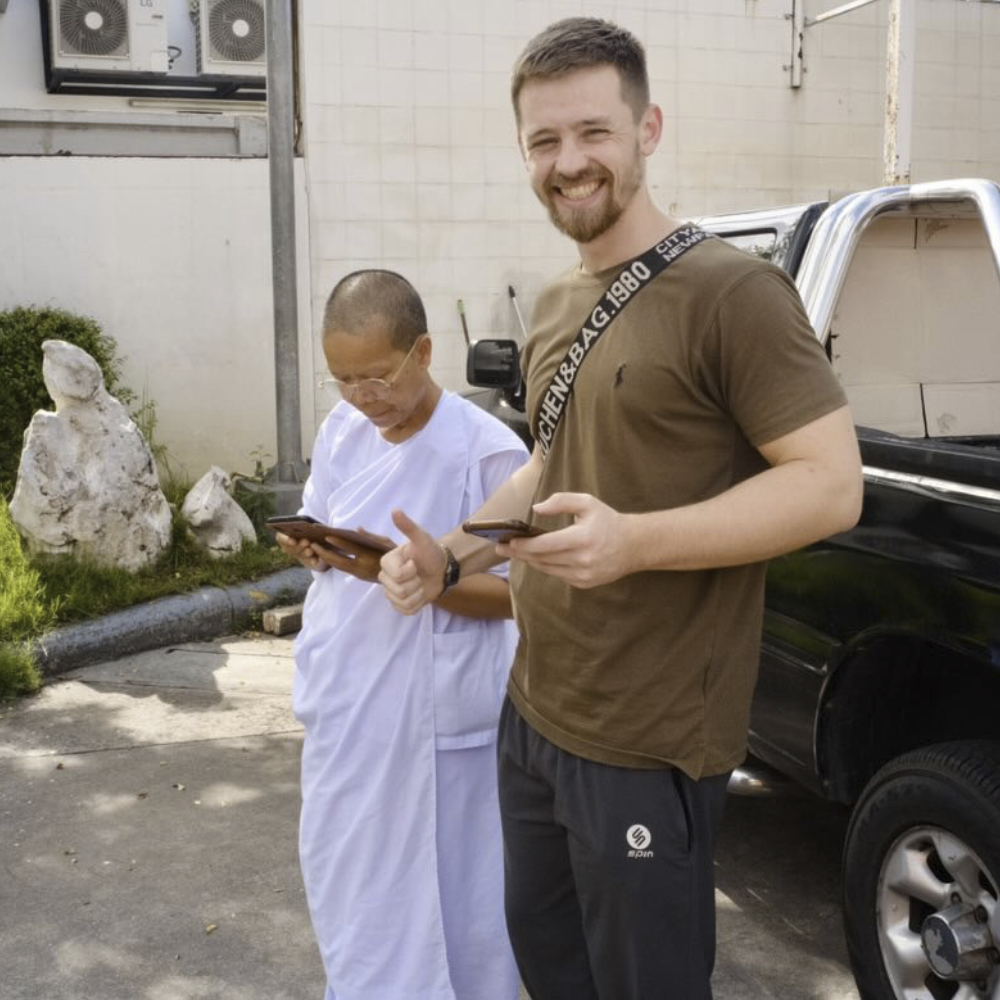
I’m Harry – and I was tired of the same old “10 best places I’ve never been but I’m writing about for some reason” blog posts. So… I’m a young traveller on a mission to travel the world and share my true, unfiltered experience, including all the gristly details. From packing my life into one bag for a year, to traveling Vietnam by motorbike, to sorting out Visas for specific countries – I’ve done it all, am doing it all and only give my advice on things I have done – not regurgitated cr*p from another source *cough* most publications *cough*. So bear with us! This project will take some time to grow, and will take a fair bit of money. But I’m determined to make it the single best source of information about traveling on the internet.
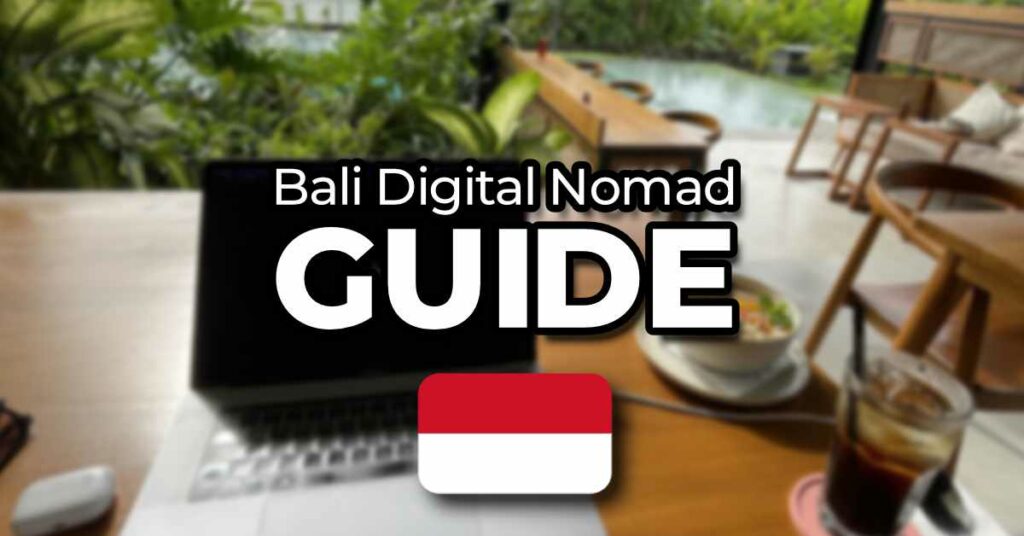
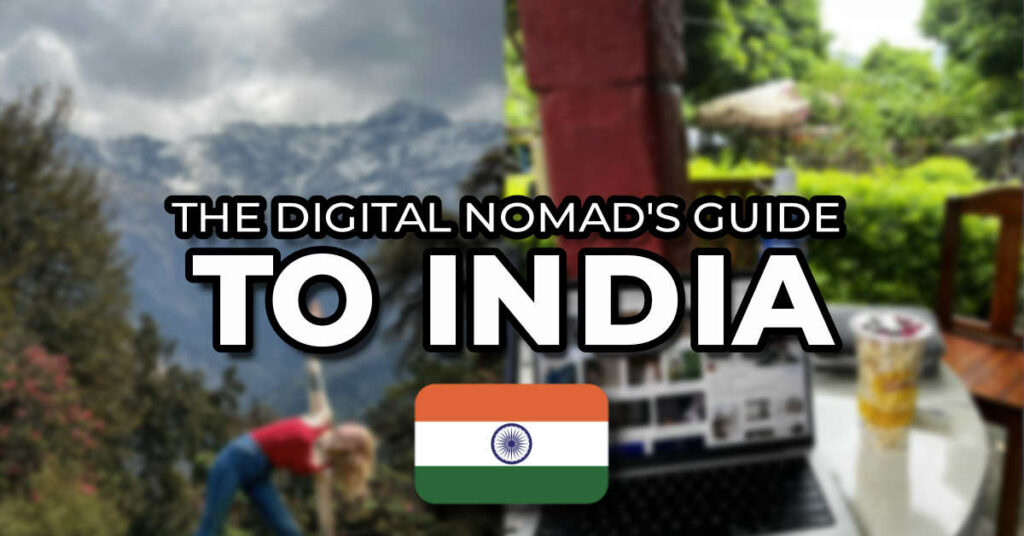
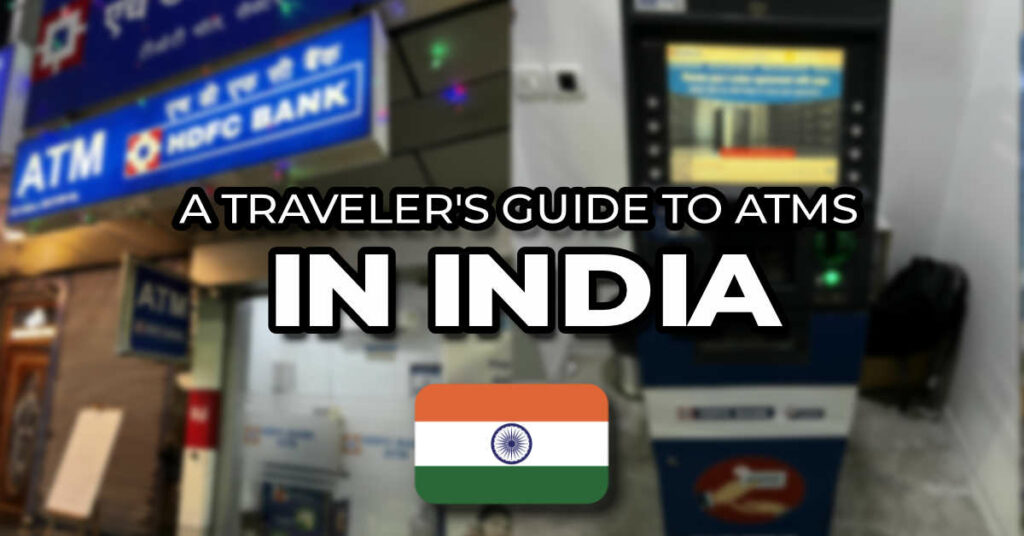
Amazing article. So informative and well structured! I could visualise myself in Bali already without feeling nervous about it!
Thanks Lari! I’m really glad you found it helpful I spent a long time trying to lay it out in the most useful way for readers possible. What suggestions do you have that would make it better?